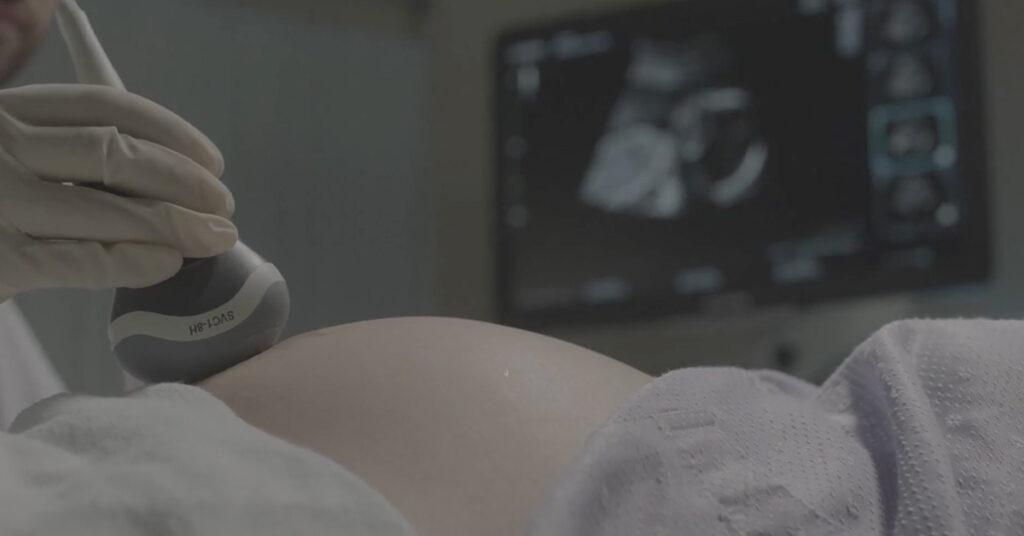An ultrasound is an important part of any pregnant woman’s journey through motherhood. Which is why it’s important to have a top-notch ultrasound imaging system to deliver the most accurate results to your patients. You may have found, however, that some of your patients are actually hesitant to trust an ultrasound machine around their baby or are under certain conceptions about what their appointment will entail. That’s why Integra Medical Systems has laid out and debunked some of the most common of these myths. Many hospitals throughout the USA have trusted us to provide them the best ultrasound machines, and so can you.
Do People Trust Ultrasound Machines?
Sometimes, certain misconceptions scare off women from an ultrasound machine. Other times they simply don’t know how to prepare. So if you find that your patient is hesitant about their ultrasound, keep in mind that there are some weird rumors flying around out there. Here’s 10 0f the most common, and how to debunk them.
10 Myths About An Ultrasound Imaging System
1) They Only Work on A Full Bladder
Or only on an empty one. This one is partly true. The earlier in the pregnancy, the better it is to have a full bladder. But it doesn’t make getting results impossible, so by all means, if you need to go, go!
2) You Shouldn’t Eat Before an Ultrasound
For pregnant women, this isn’t an issue at all. This myth probably came from the fact that it is recommended not to eat if you are getting a special diagnostic ultrasound (for something other than pregnancy).
3) Only Pregnant Women Get Ultrasounds
Speaking of which; ultrasounds are not just for pregnant women! They can be used to find a variety of internal health conditions, such as in the heart, liver, or bladder.
4) Ultrasound = Sonogram
Not so. Remember, ultrasound is the procedure, sonogram is the picture the ultrasound produces.
5) Your Ultrasound Will Be Quick
This depends on your baby. If it’s squirmy and moving a lot, the ultrasound could take much longer to get an accurate reading.
6) You Shouldn’t Get One in The First 12 Weeks
While overly frequent ultrasound visits aren’t recommended, there’s no evidence that early procedures have any negative effects on your baby.
7) Ultrasounds Use Radiation
They do not. They use high frequency waves, or ultrasound waves, to see what’s going on in there.
8) You’ll Get Results Immediately
You will get preliminary results immediately, which include your doctor’s guess at the baby’s sex, measurements, and health, but you won’t get the full extensive results until the next day.
9) They’re Always Correct About the Sex
There’s a lot of things, such as the baby’s position, that can either help or hinder your doctor’s ability to tell the sex, so sometimes they get it wrong.
10) It’s a Non-Invasive Procedure
Often, ultrasounds can be done entirely outside of the body. However, sometimes a transvaginal one is needed. This is usually the case if you have pelvic pain, to get a glimpse of the fetus’ heartbeat, or to examine the uterine wall lining. So it depends on what you’re in for.
Need An Ultrasound Machine? Give Us A Call
Many hospitals throughout the USA trust Integra Medical Systems to deliver just the ultrasound imaging system that best suits them and the needs of their patients, allowing them to determine the most accurate results. Are you in need of new ultrasound equipment? Give us a call!



